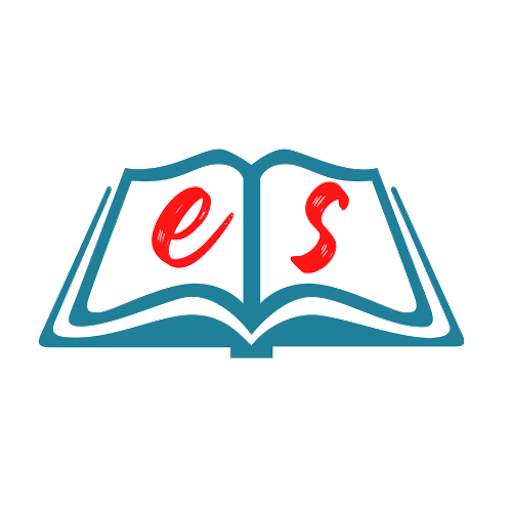Malaysia – In 7th September 2023, the Dean of Faculty of Humanities, UNIDA Gontor, had his honor to visit the Department of Islamic Political Science, Akademi Pengajian Islam, University Malaya (APIUM). During couple years ago, Pondok Modern Darussalam Gontor delegated several individuals of asatidzah to pursue their Doctoral degree therein. Among them, to mention some, were Prof. Dr. Amal Fathullah Zarkasyi, MA, Dr. Maimunah Zarkasyi, MA, Assoc. Dr. Nur Hadi Ihsan, MIRKHS, Assoc. Prof. Imam Bahroni, MA, MLS, Dr. Wahyudi Bakri, MA, Dr. Mohamad Latief, MA and (cand) Dr. Nissa Marissa, MA. During the visit, along with the Dean were al-Ustadz Dr. Adib Susilo (Vice Dean of Faculty of Economics and Management) and al-Ustadz Dr. Ahmad Muqorrobin (Vice Dean of Faculty of Syariah).
The hosting Department was led by Al-Ustadz Dr. Raja Hisyamuddin as the Head of the Department and accompanied by al-Ustadz Dr. Muhammad Zaidi, and al-Ustadz Dr. Osman Rasip. This visit was purposedly paid so as to prolong the already established connection between UNIDA Gontor and Universtiy Malaya and initiate strategic collaborative programs especially between the Faculty of Humanities, UNIDA Gontor and APIUM as represented by its Department of Islamic Political Science.
There were several agreements achieved by both parties ranging from facilitating endeavors and collaboration on international research involving lecturers and students, international conferences to international community service. The agreements also revolved around collaboration on guest lectures, student exchanges and development of academic journals. In the upcoming semester, both institutions agreed to delegate guest lecturers whose research expertise revolved around Islamic Politics to International Relations in Islam.
This initiative would be conducted voluntarily in which the respective lecturers conducted their online-classes interchangeably and attended by the students. Adjacent research roadmap and or interests would bring together all these lecturers and students to attend this very demanding moment. Added to that, the agreement would take into account collaborative researches among lecturers with special expertise on Islamic Politics; the funding of which belongs to the respective institutions. As a follow up, these collaborative researches would regularly be presented exclusively among the lecturers and students via hybrid mechanism. It would be sort of an international seminar.




